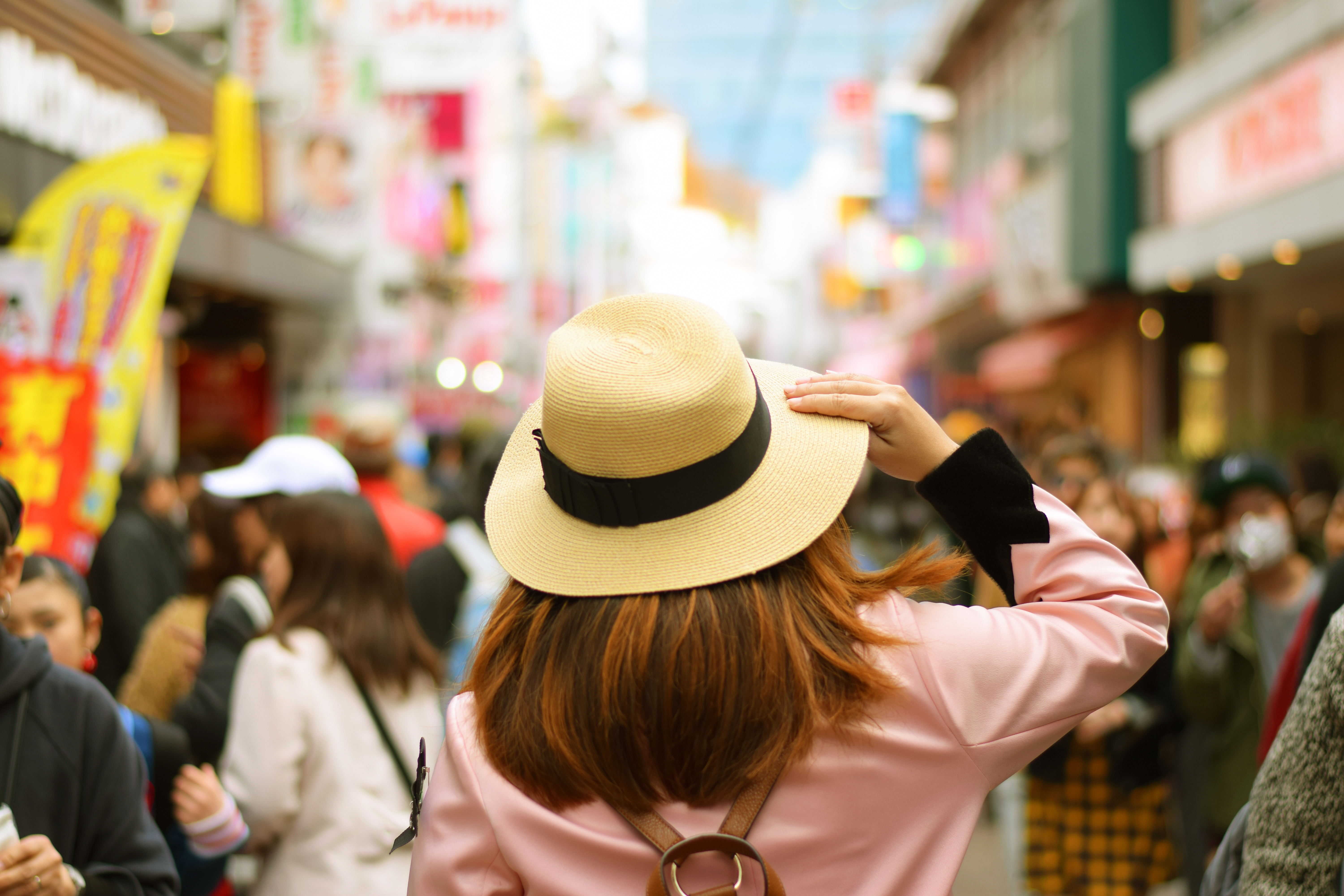How Pop Culture Influences Travel in Asian Markets
There’s no arguing that pop culture is a major driving force behind a lot of what people buy, particularly for young people. Among these products and experiences are travel destinations. If you’ve ever watched the Lord of the Rings, were you ever intrigued by the beautiful landscapes in the film, or taken by a desire to visit New Zealand? Year on year, Oxford is seeing a growing number of tourists, whether to see the Hogwarts’ Great Hall at Christchurch, have a drink at the famous Eagle & Child, or simply to admire the dreaming spires that have made an appearance in everything from The Italian Job, to the Transformers franchise.
A survey by Agoda showed that in 2019 Japan, Taiwan and Korea were among the most popular travel destinations for Asian travellers. A huge motivation for this popularity is often attributed to Japanese pop culture such as anime and manga, as well as attractions such as Tokyo One Piece Tower, Sanrio Puroland, and the Doraemon museum. The Ghibli Museum, which hit its milestone of having welcomed 10 million tourists in 2017, is another favourite sight-seeing spot on the list of many animation fans, who can fully immerse themselves in the worlds of Spirited Away, My Neighbor Totoro, or Howl’s Moving Castle. It’s not unheard of for fans of certain anime to congregate in otherwise commonplace areas. For example, a railroad crossing in Kamakura has become a cult tourist destination for fans of the classic manga Slam Dunk to take pictures, with it being a famous setting featured in the comic. Another example is a stairway to a shrine in Tokyo that is always flooded by fans of the recent anime movie Your Name.
Pop music is also an enormous pull factor for people visiting these destinations. Both Japan and South Korea have mature and flourishing travel tour industries catered to J-pop and K-pop fans so that they can follow their idols’ shows and concerts for several days. Idol groups such as AKB48 and entertainment companies like SM Entertainment are known for achieving hugely successful business from the dedication and enthusiasm of pop music fans. Related promotions are often made to encourage tourism alongside concert visits. For example, the Incheon city government of South Korea gives fans free concert tickets if they spend enough in the city whilst on their travels.
Films can be very powerful in motivating tourists to visit certain destinations, too. For example, Cape No. 7, a 2008 Taiwanese romantic musical drama, turned its filming location of Kenting into an extremely popular tourist destination. At the top of 2018’s list of most visited cities is Hong Kong, according to the market research company Euromonitor International’s report.
Hong Kong’s pop culture, including its films, will have played a large part in this. For example, internationally renowned director Wong Kar-Wai’s Chungking Express in 1994 was filmed near Chungking Mansions in Tsim Sha Tsui – it was presented in such a visually unique and highly stylised way that it has attracted many travellers since its release.
Obviously pop culture plays a huge part in driving tourism, both in Asia and worldwide. Businesses within the travel sector should consider market research and test campaigns within popular travel destinations, and keep abreast of travel trends and seasonality to ensure relevancy within the ever-shifting travel landscape.
It goes without saying that the travel industry is a multinational, multilingual sector. Nailing your messaging is key, making translation and localisation a crucial element in communicating your brand to your consumers.
This is where the expertise of a dedicated, experienced language services partner can prove invaluable. If you’re looking to expand your business to the APAC region, or want to find out more about how Locaria can help you maximise your global marketing results, give us a call today on +44 (0)20 3948 6800.



